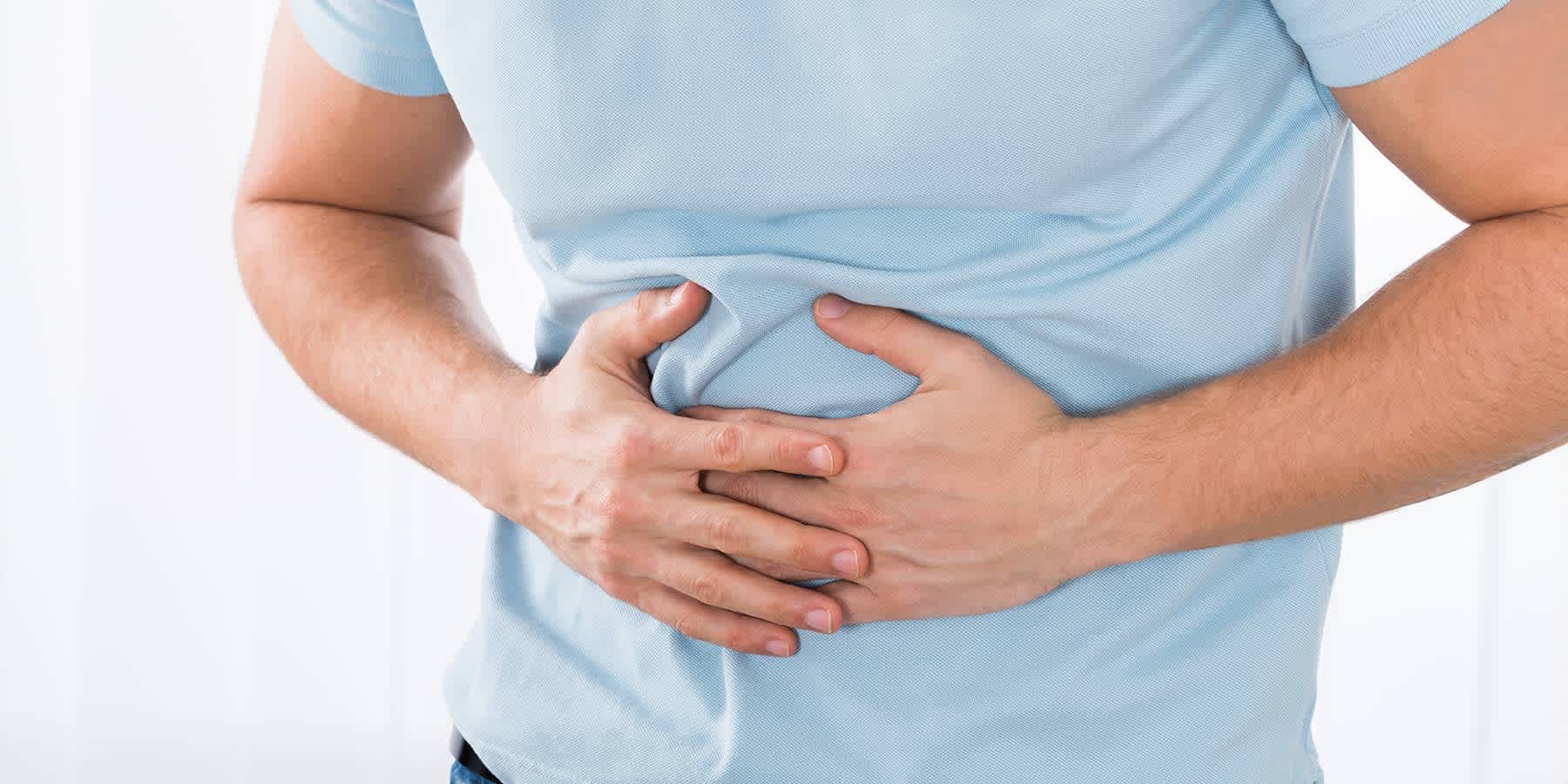Experiencing bloating or weight gain? fat vs bloating mean for your body?
Comprehending the Difference In Between Bloating and Fat: a Crucial Guide for Digestive Wellness
Recognizing the distinction between bloating and excess body fat is vital for any individual concerned with digestive system wellness. While bloating presents as a momentary and frequently uncomfortable condition, commonly linked to dietary practices or gastrointestinal disruptions, body fat represents a much more irreversible change in one's figure.
Defining Bloating and Fat
Bloating and fat are 2 distinctive physiological phenomena that can substantially impact an individual's comfort and body photo. Bloating refers to the momentary swelling or distension of the abdominal area, often gone along with by pain or a sensation of fullness. This condition may develop from different variables, consisting of nutritional selections, digestive system issues, or liquid retention. Bloating is generally a temporary occurrence and can change throughout the day, typically settling with way of living changes or clinical treatments.
On the other hand, body fat is an extra long-term and stable part of human physiology, largely acting as an energy book and playing important functions in hormonal agent policy and insulation. Body fat is classified right into 2 types: subcutaneous fat, which lies just under the skin, and natural fat, which borders inner organs. While excess body fat can bring about health and wellness complications, it is necessary for general physical features.

Root Causes Of Bloating

In addition, food intolerances, such as lactose or gluten intolerance, can cause bloating when the body struggles to process particular materials - bloating vs fat. Consuming as well quickly or taking in carbonated drinks can likewise worsen the problem, as these practices present excess air into the digestive system
Lifestyle aspects, consisting of stress and absence of exercise, can better add to bloating by affecting gut motility. Particular clinical conditions, such as cranky digestive tract disorder (IBS) or gastrointestinal obstruction, may likewise lead to persistent bloating. Understanding these causes is vital for properly managing and minimizing bloating, permitting individuals to make informed nutritional and way of living options that sustain their digestive system health.
Symptoms of Bloating vs. Fat
Differentiating between the symptoms of bloating and excess fat is essential for comprehending one's body and resolving pain successfully. Bloating normally provides as a sensation of fullness or pressure in the abdomen, often come with by noticeable distension. People might experience discomfort, cramping, or perhaps discomfort, especially after dishes. Bloating can additionally result in excessive gas, causing burping or windiness.
On the other hand, excess fat materializes in different ways. While it might add to a sense of thickness, it typically does not produce the intense check my reference pain connected with bloating. Rather, excess fat has a tendency to gather slowly, leading to an adjustment in physique and dimension with time. People may see a boost in body area, especially around the waist, however this does not typically present with the prompt sensations of volume or distension.

Identifying these distinctions is important. While bloating is commonly temporary and linked to nutritional factors or digestive problems, excess fat shows a more persistent problem needing way of living modifications. Comprehending these signs and symptoms encourages individuals to seek ideal solutions tailored to their certain problems concerning digestion health and wellness and body composition.
Managing Bloating
Effective management of bloating needs a complex approach that deals with both nutritional selections and way of living habits. First, it is this page essential to determine and get rid of particular foods that may trigger bloating, such as those high in fiber, gluten, lactose, or certain fermentable carbs (FODMAPs) Keeping a food journal can assist determine these triggers and overview adjustments.
Integrating smaller sized, more constant dishes as opposed to big ones can also minimize bloating, as it reduces the digestion procedure (fat and bloating). Remaining well-hydrated is critical, as enough liquid intake aids food digestion and aids avoid irregularity, which can add to bloating
Additionally, taking part in normal exercise advertises intestinal motility and reduces bloating. Easy exercises, such as strolling or yoga, can successfully ease pain. click now Mindful eating methods, such as eating slowly and eating food completely, might additionally enhance food digestion and limit air ingesting.
When to Look For Assistance
Acknowledging when to seek clinical assistance for bloating is essential, as relentless or severe signs might suggest a hidden health concern. If bloating is gone along with by additional worrying signs such as significant stomach discomfort, unexplained weight reduction, anal blood loss, or continuous queasiness and throwing up, it is important to consult a healthcare professional. These indicators may recommend problems such as irritable bowel disorder, stomach blockage, or even more significant concerns like cancer.
In addition, if bloating continues despite dietary adjustments or over the counter treatments, it necessitates further investigation. Individuals with a background of stomach disorders need to be particularly cautious, as their threat for issues may be greater. Furthermore, if bloating takes place adhering to the usage of specific foods, it may suggest food intolerances or allergic reactions that necessitate dietary changes or screening.
Conclusion
In recap, identifying in between bloating and excess body fat is important for digestion health and wellness and overall health. Bloating, a short-term problem typically connected to dietary elements and gastrointestinal issues, contrasts greatly with the steady build-up of body fat.